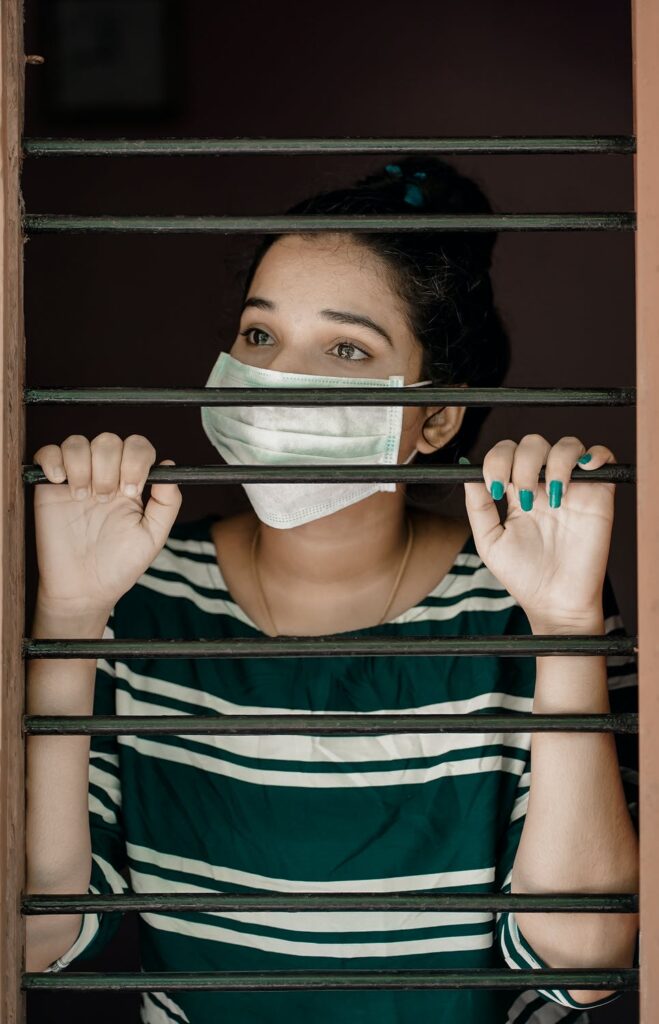
So I hear there was some violence in Washington, DC the other day. Everyone is on edge, between the current political landscape of the United States and the continued spread of COVID. The fact that it’s cold outside and we’re all cooped up inside doesn’t help. Historically, warm weather usually correlates more with street violence, but that’s not always the case as we’ve just seen and may continue to see over the next few weeks. That means our personal safety is in danger from a number of fronts, so a few reminders of what to keep an eye out for and how to protect yourself:
If you feel called to participate in protests or counter-protests, be aware of the potential that they may become violent. You may have the best of intentions but as with other forms of violence, you aren’t the only person who gets to vote on whether or not you can be physically injured. Tensions are high and people are afraid. It makes them especially unpredictable, and that includes the folks on “your” side. You’re unlikely to know every single one of them when you show up, and you have no idea if they include those who will try to sweep you up in more excitement or direct action than you’re comfortable with or that will help you stay safe. Your injuries may be accidental or deliberate, but being unintentional won’t make them more minor. If you are concerned about your physical safety, about whether you could be trampled or shoved until you fall or even pepper sprayed, tased, or shot, think long and hard before you go out and join the crowds. If you choose to go anyway, check back in OHO archives for some of our earlier tips on protest and riot safety.
In the meantime, the march of the virus continues unabated. The COVID vaccines are starting to slowly filter out but are largely unavailable to most people still, while a more contagious strain has emerged and is fast making its way around the world. I know we’re all really tired of nearly a year of concern, of masks and shutdowns, of confusion and unclarity. More and more of us now have caught the virus, know someone who has, or even know someone who has died from it. Almost all of us have seen other effects too, from jobs lost to favorite restaurants closed to anticipated events canceled. It’s been tough on so many fronts and the fatigue and stress are real. Nevertheless, it’s important to stay on top of or recommit to the measures that will keep us protected from the direct and indirect effects of a worldwide pandemic. We still need to stay home if we suspect we’re sick and we still need to avoid contact with people who may have contagious illnesses. We still need to be careful with distance, masking, hand washing, and all the rest. And we still need to ensure that we can manage weeks or more without going to restaurants and stores, whether we’re prevented from shopping by shutdowns or sudden budget limitations. Even if you think the risks of COVID itself are overblown, there is no denying the economic effects that are affecting nearly everybody and there is no denying that the health best practices we’re using against COVID are also helpful against other illnesses both serious and annoying.
And personal lives and dramas never stop even when the world is occupied with world events. January is often the time when we (re)start health and other life journeys, so whether you took step one last week or are still slogging on from an earlier start, you may have big things going on in your life that are overshadowing your attention to current events. That’s okay. I know how sometimes, it feels selfish to be focused on those very individual issues when the world seems to be blowing up around you. I’d argue, though, that there can be nothing more important than what it takes for you to be safe and to thrive in your immediate environment. It’s true that more global concerns can come home to roost and affect your everyday life (ask anybody who’s needed various forms of health care that have been controversial over the years), but it’s also true that it’s hard to have the energy and focus to do more than address your immediate, everyday needs and struggles. If you can’t survive your life right here and right now, then the rest ultimately doesn’t matter. So it’s important to take time away from other peoples’ big things and work on just your own. Maybe you need to unfollow a few folks on social media, or limit yourself to only an hour or three here and there of reading the news. Maybe you need to ban political discussions from your wall or your household. You’re allowed to, so that you can take care of yourself and worry about the rest when you have more capacity. If someone tries to guilt you over your ignorance of the details behind the headlines, send them to me. You don’t need that either.
If nothing else, always remember that safety is a multifaceted problem. It’s important for you to carefully consider what the actual threats to your safety, health, and well-being are right now, right here, and act accordingly to take care of yourself. Because nobody else can make those risk assessments for you, no matter how much they want to tell you how important something is in the grand scheme of things, because they might not be important in YOUR grand scheme of things, and that’s perfectly fine.




